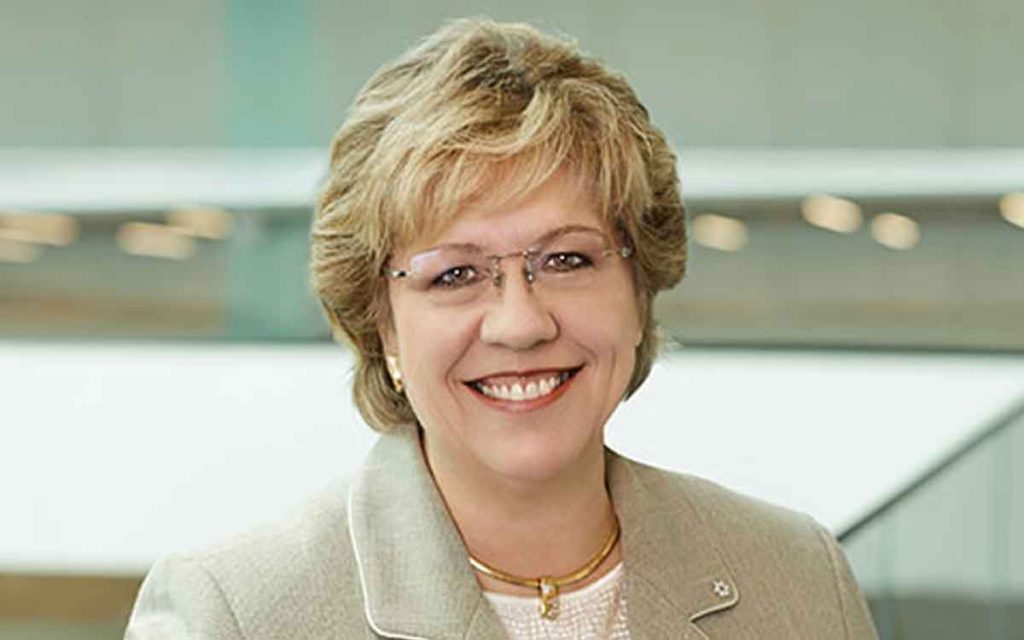
This summer we have been deluged with stories on the pandemic, the federal government’s WE Charity scandal, the first black female U.S. vice presidential candidate, not to mention the almost hysterical coverage of whether or not children can safely go back to school this fall.
Perhaps that is why the news that Ontario now has a $38.5 billion deficit — triple last years’ prediction of $9.2 billion, up over $18 billion from just a few short months ago – seemed to disappear after one day of coverage.
Ontario’s Finance Minister Rod Phillips is no doubt relieved. It means he doesn’t have to answer tough questions today about how the government is going to deal with the problem.
And deal with it he – or we — will have to do at some point. The piper will have to be paid – unless you are of the current trendy school of thought, called “modern monetary theory” that says deficits don’t really matter as long as you can keep printing money.
Given how wonky the economy is these days – soaring stock markets on Wall Street and Bay Street while the small business community on Main Street is literally dying before our eyes – perhaps they are right.
But for fiscal conservatives who still believe in the importance of balanced budgets, such thinking feels too much like the proverbial “free lunch.” After all, jurisdictions who threw fiscal caution to the wind have ended up in dire economic straits – think Greece, Argentina, Italy or even New Zealand in the early 90’s when the country literally hit the so-called “debt wall” and had to slash government spending unmercifully because no one would lend them more money.
We may well be about to find out who is right in a real life, real time experiment. Admittedly, borrowing costs are at historically low levels and seem determined to stay there for the long term. To take advantage of the opportunity, governments are scrambling to “roll over” or re-finance their debt and lock in those lower rates for multi-decade periods.
The optimists like to point out that the country has experienced significant debt levels before, for example after World War II, and that we were able to literally grow our way out of it. Or to use Prime Minister Justin Trudeau’s infamous quote, “the budget will balance itself.”
But that was in a period of unusual economic growth as the world reaped the “peace dividend”, when our population was young and growing, when there was a dynamism and productivity to our economy that was based on robust manufacturing, agriculture and resource industries.
Canada’s and Ontario’s economies retain great strengths. But we are also facing many great pressures to spend more, particularly on our beleaguered long-term care system and on health care in general.
Minister Phillips was right to open the government’s check book to help the province cope with the COVID-19 virus and its economic aftermath. And he didn’t sugar-coat the situation last week. “We are in a recession today in Ontario” he said, predicting that “we are in for a difficult economic time.”
The unanswered question now is what do we do when this is over? After throwing literally billions of dollars at the economic and health crisis we find ourselves in, how do we start reining in spending to protect our future?

Janet Ecker is a former Ontario Finance Minister, Minister of Education, Minister of Community and Social Services and Government House Leader in the governments of Premier Mike Harris and Premier Ernie Eves. After her political career, she served as the founding CEO of the Toronto Financial Services Alliance, a public-private partnership dedicated to building Toronto region into an international financial centre. She currently sits on a number of corporate and non-profit boards, agencies and advisory committees.
Ms. Ecker received the Order of Canada for her public service contributions and was recognized as one of the “Most Influential People in the World’s Financial Centres” by Financial Centres International. She also received a “Canada’s Most Powerful Women: Top 100 Award” from the Women’s Executive Network and the Richard Ivey School of Business, among other awards. She is also one of the founders of Equal Voice, a national, multi-partisan organization working to elect more women.




















